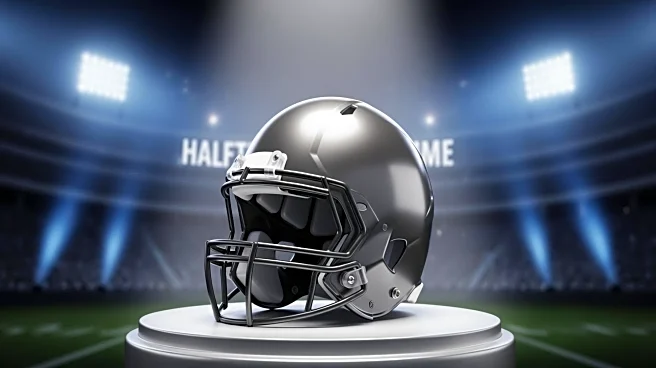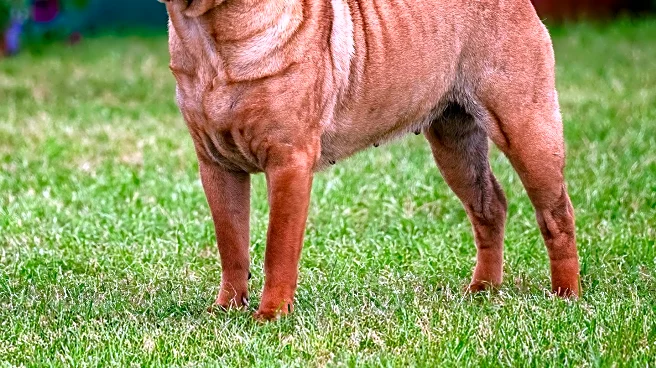What's Happening?
NFL Commissioner Roger Goodell has publicly addressed the controversy surrounding the selection of Bad Bunny for the Super Bowl LX halftime show. The decision has sparked significant backlash, including a petition to replace Bad Bunny with country singer
George Strait. Goodell noted that criticism is common with such high-profile selections, given the vast audience the Super Bowl attracts. He emphasized that Bad Bunny is one of the world's leading entertainers, which influenced the decision. The President of the United States also commented on the matter, expressing surprise at the choice and admitting unfamiliarity with Bad Bunny. Despite the backlash, Goodell indicated that the decision is unlikely to be reconsidered.
Why It's Important?
The controversy highlights the challenges of selecting performers for events with global audiences, such as the Super Bowl. The backlash underscores the cultural and musical preferences that can vary widely among viewers. The decision to feature Bad Bunny reflects the NFL's strategy to appeal to a diverse and international audience, recognizing his global popularity. This situation also illustrates the influence of public opinion and petitions in shaping entertainment decisions, although the NFL appears committed to its choice. The involvement of high-profile figures, including the President, further elevates the discussion around cultural representation in major events.
What's Next?
As the Super Bowl approaches, the debate over the halftime show may intensify, especially if petitions gain more traction. The NFL may face increased pressure to reconsider its decision, although Goodell's comments suggest a firm stance. Fans of other artists, like Taylor Swift, may continue to advocate for their preferred performers, potentially influencing future selections. The situation could lead to broader discussions about diversity and representation in entertainment, prompting the NFL to evaluate its approach to halftime show selections in the future.
Beyond the Headlines
The controversy over Bad Bunny's selection raises questions about cultural representation and inclusivity in major U.S. events. It highlights the balancing act between appealing to traditional audiences and embracing global diversity. The NFL's decision may signal a shift towards more international performers, reflecting changing demographics and audience preferences. This could influence other major events to consider similar strategies, potentially reshaping the entertainment landscape.















